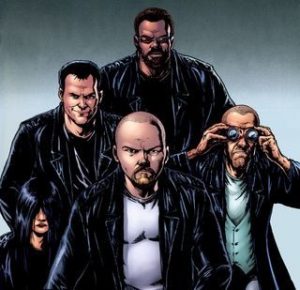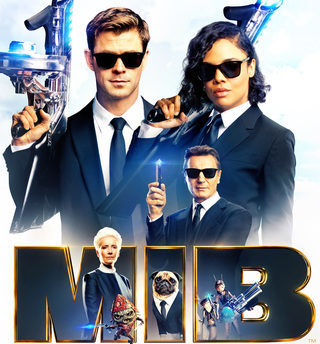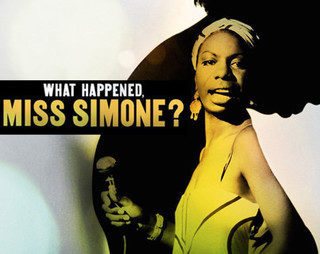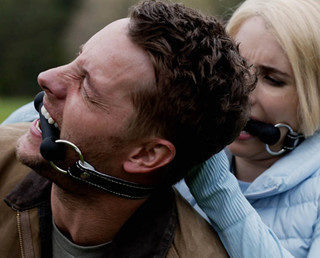superheroes
(Not)heroes: the story of a deconstructed superhero image in comic book adaptations
 Marvel now many took out. More precisely, not even Marvel itself as such, but the dominance of their film comics. Film adaptations are full of stamps and even self-copying (I still laugh at how similar the plots of the third “Thor” and “Black Panther” are, and how much they differ in implementation), and the conveyor feed of content simply tired some viewers, and a trip to the cinema for a fan of comics turned from a holiday into a routine. But then deconstruction burst onto the stage of film adaptations again — and this time it appeared on time and in a big way.
Marvel now many took out. More precisely, not even Marvel itself as such, but the dominance of their film comics. Film adaptations are full of stamps and even self-copying (I still laugh at how similar the plots of the third “Thor” and “Black Panther” are, and how much they differ in implementation), and the conveyor feed of content simply tired some viewers, and a trip to the cinema for a fan of comics turned from a holiday into a routine. But then deconstruction burst onto the stage of film adaptations again — and this time it appeared on time and in a big way.
Spoonful of history: the eighties was a difficult period for the comic book industry. Stories began to gradually move away from the riot of colors, irrepressible pathos and ultrapositive, deeper and stronger to consider social problems, to climb into politics, to criticize the existing system, through the prism of other, artificial worlds to tell what is happening in the real world, exaggerating events and their outcomes. Continue reading



